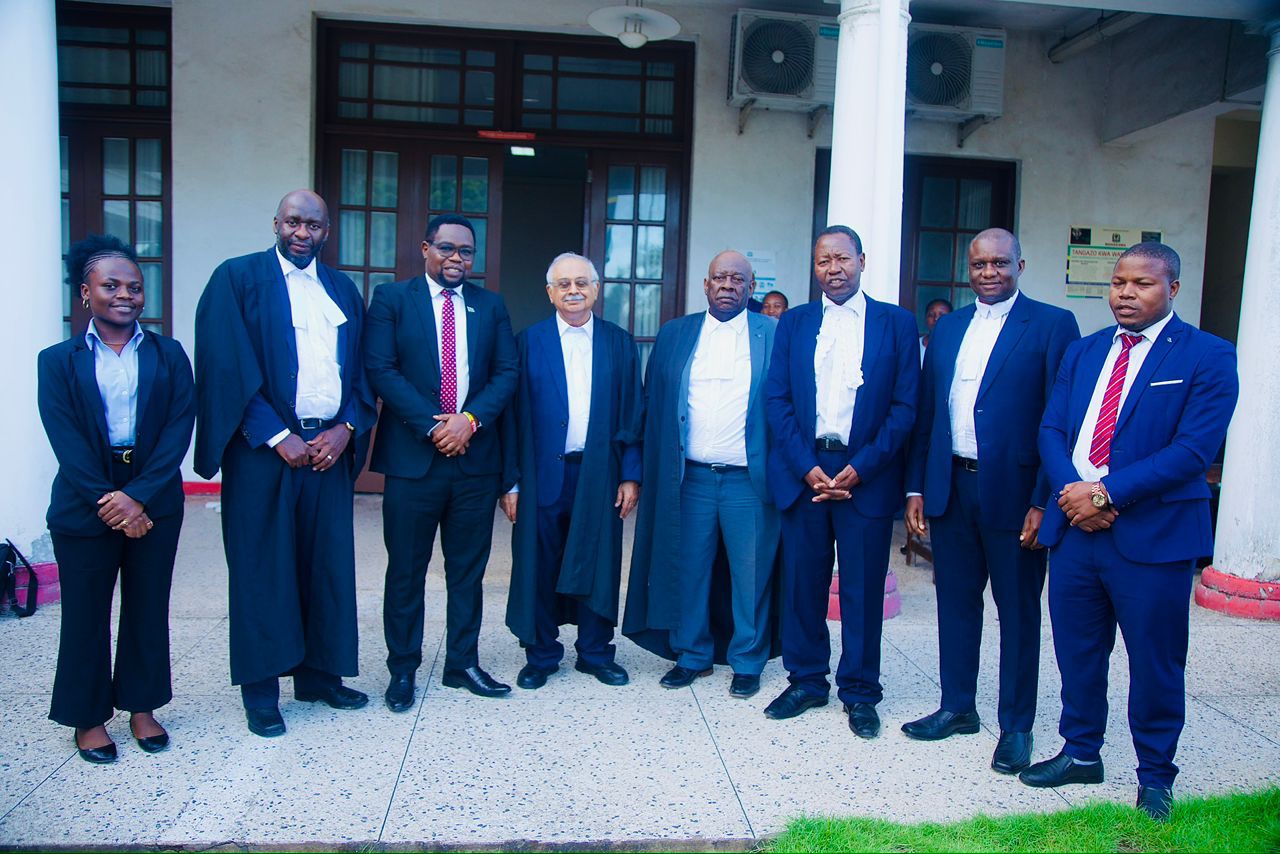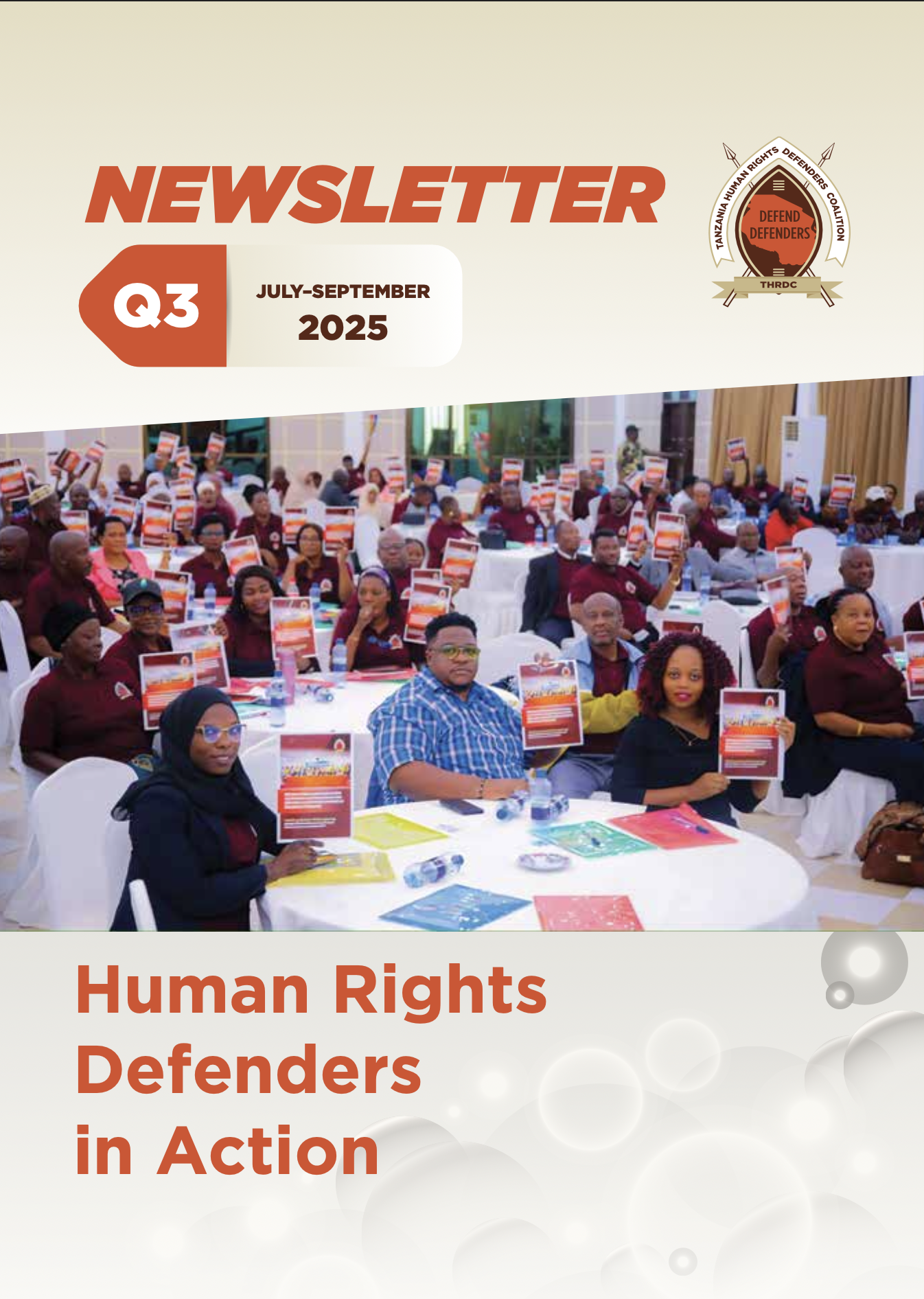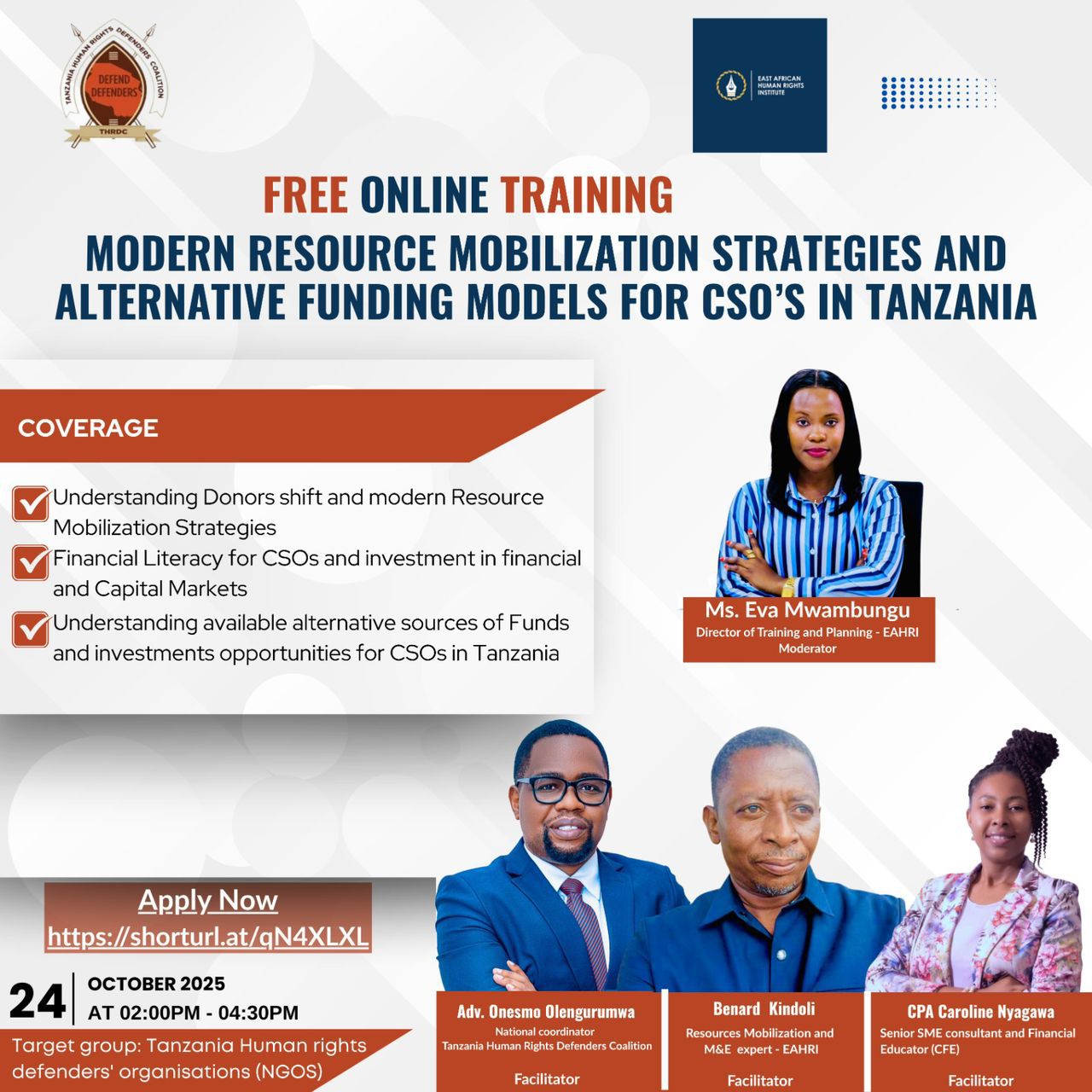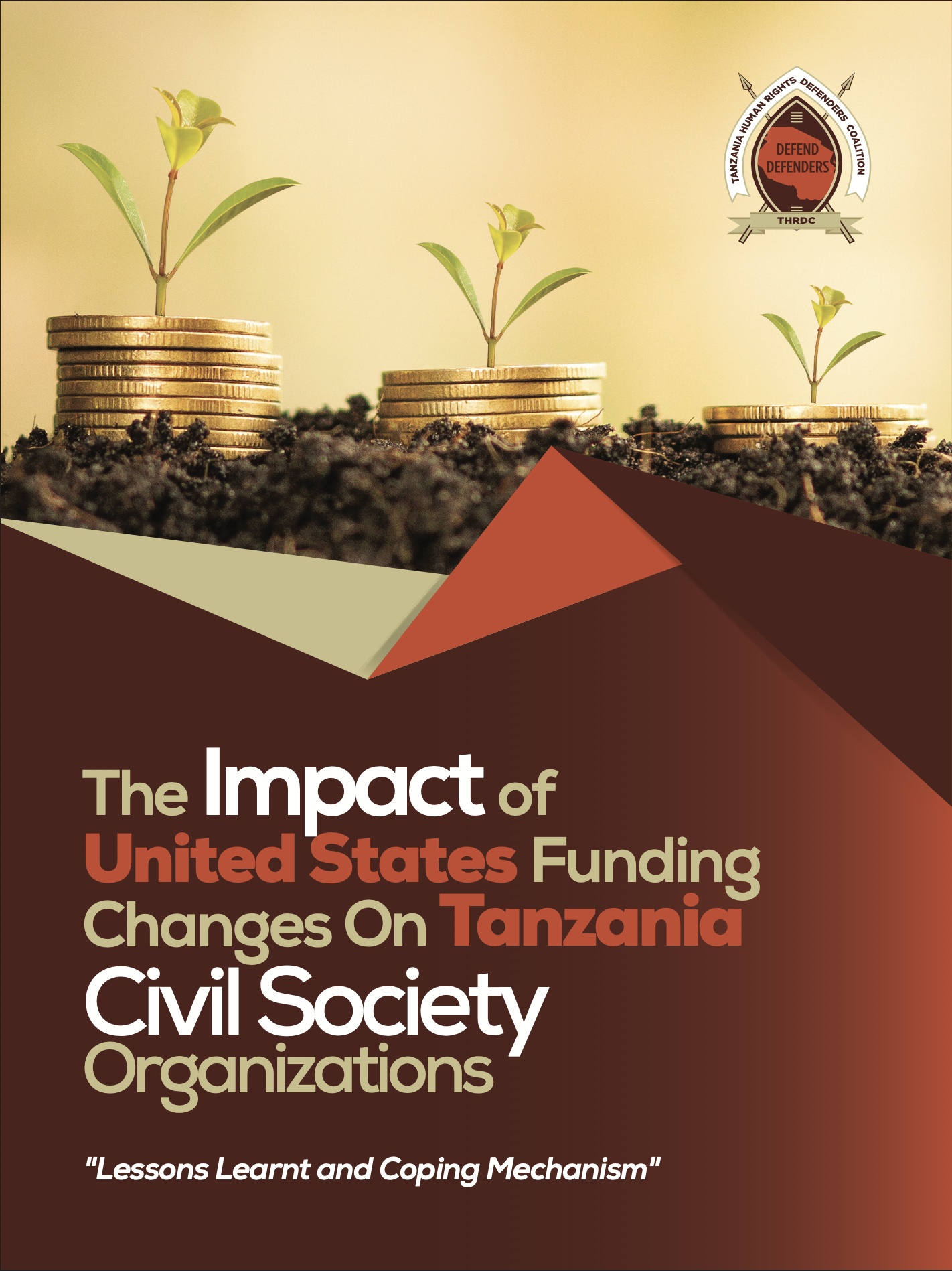1.0 Hearing of the case
The long-awaited hearing of Civil Appeal No. 134 of 2022, involving renowned human rights defender Adv. Onesmo Olengurumwa versus the Attorney General of Tanzania, is scheduled to take place tomorrow, 13th May 2025, at 09:00am before the Court of Appeal of Tanzania in Dar es Salaam. The case will be heard by a panel of three Justices of Appeal: Hon. Levira J.A., Hon. Rumanyika J.A., and Hon. Ngwembe J.A.
Advocate Olengurumwa will be represented by a distinguished team of legal experts comprising Professor Emeritus Issa Shivji, Senior Counsel Mpale Kaba Mpoki, Dr. Rugemeleza Nshala, and Advocate John Beniel Seka.
2.0 Case Background
On 19th June 2021, the Government of Tanzania gazetted the Written Laws (Miscellaneous Amendments) (No. 3) Act, 2020, which introduced significant changes to the Basic Rights and Duties Enforcement Act through the addition of Sections 4(2), 4(3), 4(4), and 4(5). Under Section 4(2), any petition filed before the High Court must now include an affidavit by the petitioner explaining how the alleged violation of constitutional rights under Articles 12 to 29 has personally affected them.
Section 4(3) further tightened the scope for public interest litigation by requiring that any person seeking to file a case under Article 26(2) of the Constitution must also comply with Article 30(3), which demands a disclosure of personal interest effectively shifting the legal standard for such cases. In addition, Section 4(4) introduced a requirement that when seeking redress for acts or omissions of high-ranking officials including the President, Vice-President, Prime Minister, Speaker, Deputy Speaker, and Chief Justice petitioners must sue the Attorney General instead of the officials directly. Lastly, Section 4(5) imposes a condition that all other available legal remedies under existing laws must be exhausted before initiating a case under the Basic Rights and Duties Enforcement Act.
Overall, the Written Laws (Miscellaneous Amendments) (No. 3) Act of 2020 introduced sweeping legal changes that have raised significant constitutional concerns. The Act imposed a requirement that only individuals who can demonstrate personal harm may bring cases alleging violations of fundamental human rights guaranteed under the Constitution. It further mandated that any legal action seeking redress against senior officials of the State must be directed to the Attorney General, a move critics argue undermines the principle of separation of powers and interferes with the rule of law. Additionally, by requiring proof of personal interest even in public interest litigation, the amendments are widely seen as having technically altered the Constitution, thereby restricting access to justice and weakening public accountability mechanisms.
3.0 The Judgment of the High Court of Tanzania
On 15th June February 2022, the High Court of Tanzania delivered its judgment in the case, holding that Sections 4(2), 4(3), 4(4), and 4(5) of the Basic Rights and Duties Enforcement Act are consistent with the Constitution and international human rights instruments. The Court dismissed the petition based on six key grounds:
First, it found that the new provisions complement and link Articles 26(2) and 30(3) of the Constitution; second, that the requirement to demonstrate personal interest is already inherent in Article 26(2); third, that the amendments align with the principles of separation of powers, rule of law, and international human rights standards; fourth, that directing suits to the Attorney General when seeking redress against senior state officials is appropriate under the Constitution; fifth, that the requirement to exhaust local remedies aligns with mechanisms such as the Commission for Human Rights and Good Governance; and finally, that the amendments were enacted in good faith and are therefore protected under Article 30(2) of the Constitution.
Dissatisfied with the ruling, Advocate Olengurumwa lodged an appeal before the Court of Appeal of Tanzania in Dar es Salaam in 2022. The case is now scheduled for hearing On 13th June May 2025.
Issued by
Tanzania Human Rights Defenders Coalition (THRDC)
Dar es Salaam, Tanzania
May 12, 2025







